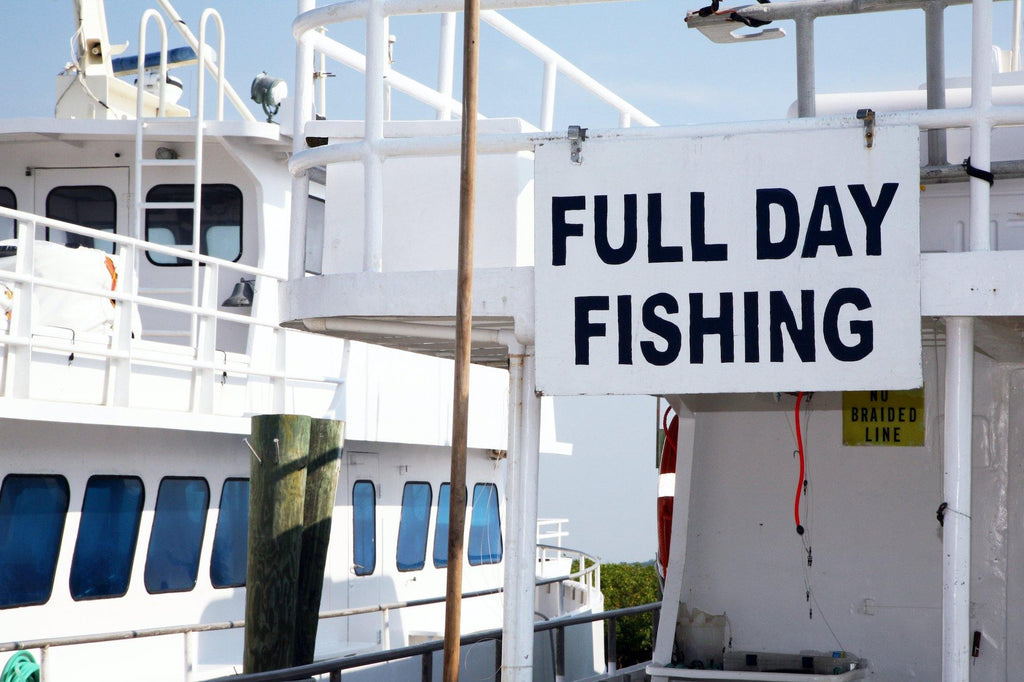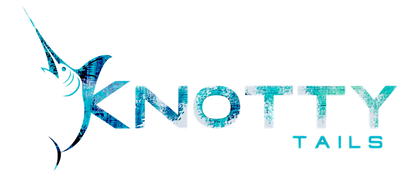Things to Do on Fathers day near me? The ultimate guide to picking a fishing charter for you and your dad in Florida.
Posted by CASSIE SMITTY

Fathers day is this Sunday, June 20th, 2021. So, what adventures can you plan for your dad as a gift on Father's Day? Fishing is a great way to get all the men in the family together, young and old. A fishing charter can give you and your boys a meaningful experience that creates priceless memories. The bonding experience between the entire crew on board, not to mention with the nature at hand, is indescribable.
However, if you're new to this sport, there are some things that you should know before you go on with your trip to make your trip a successful one, for example, which type of charter would be best for you and your father's fishing level experience. Fishing charters range from inshore and offshore.
Inshore fishing refers to shallow fishing waterways, including shorelines, bays, estuaries, saltwater rivers, or similarly shallow water depths.
While inshore in Florida follow the State of Florida Fishing Regulations.
Locations that anglers can look to find fish inshore include grass flats, mangrove shorelines, channels, inlets, passes, docks, bridges, and waters that are between 4 to 10 feet deep. Docks and bridges are fish magnets! They provide shade, cover, a break from the current, and food.
Florida is well known for the coastal saltwater variety of fish that anglers may encounter. These species include Speckled trout, Snook, Redfish, Spanish mackerel, Pompano, Bluefish, Flounder, Mangrove snapper, Ladyfish, Jack Crevalle, & Sheepshead. This is not a complete list, but it will give you an idea. Be sure you check which fish are seasonal.
If you are interested in catching fish that stand taller than both you and your dad, you may be interested in offshore fishing charters. Any fishing done more than 9 miles from the shoreline is considered offshore or deep-sea fishing. When you're deep-sea fishing, you're usually pretty far from land, roughly 20-30 miles out, in waters that are hundreds, sometimes thousands of feet deep. Hence the name "deep-sea fishing."
Offshore towers, reefs, and wrecks offer excellent fishing year-round and contain colossal fish such as the Goliath Grouper, Cobia, giant Permit, Snapper, Amberjacks, Dolphin, Sharks, Barracuda, and more. In addition, Offshore, you will find Pelagic Fish, species that swim the open oceans and congregate closer to the surface. Even more, you will discover Billfish and Tuna. Finally, you will also find Bottom Dwellers, species that live in cracks and crevices near the bottom, like Grouper and Snapper.
For Offshore fishing locations, there are thousands of Reefs & Wrecks, both natural & artificial, located both nearshore and offshore around Florida. During July and August, Permit and Kingfish arrive at the wrecks. You need a heavy-duty fishing line, a good team, and a lot of manpower to land one of these giants. You must also reel hard to keep the fish away from the reef because the coral can easily slice your line. Visit Fishing Reefs and Shipwrecks or Reef GPS Coordinates for more location information.
There are many methods of fishing. Trolling for mackerel and kingfish using multiple lines attached to outriggers to spread the lines. You can also troll inshore with a single rod equipped with a heavy line. Kite Fishing, Kite fishing for Sailfish, Blackfin, Wahoo, Dolphin, and even Yellowfin Tuna. Downriggers are also a common offshore method.
Consider the cost of each type and mode of charter while making your decision, keeping in mind that distance and duration will have an impact on fuel. Then, choose the best captain for the job, know which type of charter or method of fishing you want to experience.
For more information on each species and location, consult Special Fishing Rules for Vessels, Fishing Regulations, and Florida Saltwater Regulations. Always be aware of what kind of fish you have and the restrictions that apply to it by reviewing the list of Prohibited Species before fishing. Also, visit FWC Catch & Release, Special Marine Zones on the Fishing Reefs, and Wrecks for areas that have no-fishing no-anchoring rules offshore.

